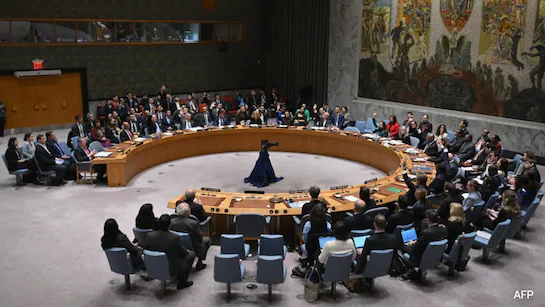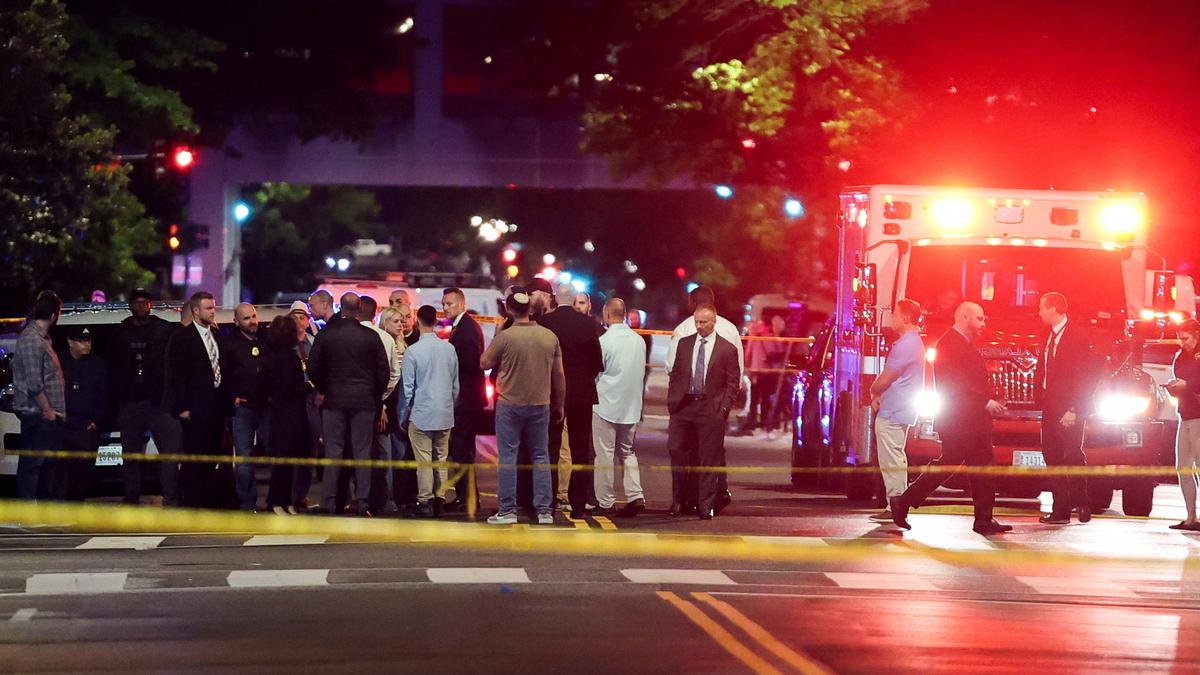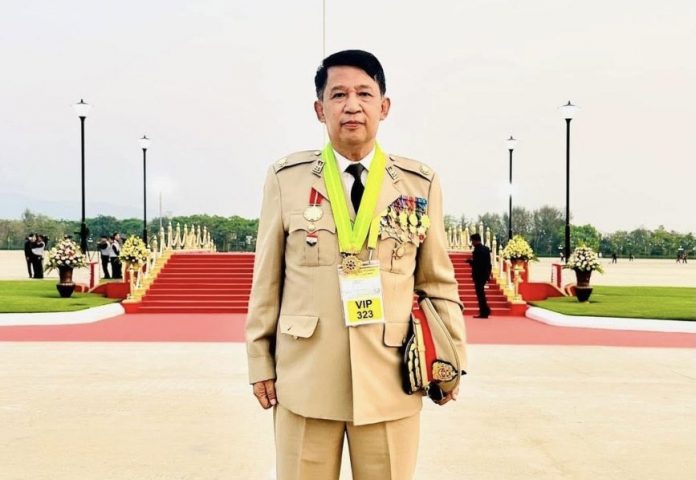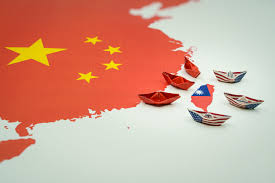Russia-Ukraine conflict escalates amidst largest prisoner swap
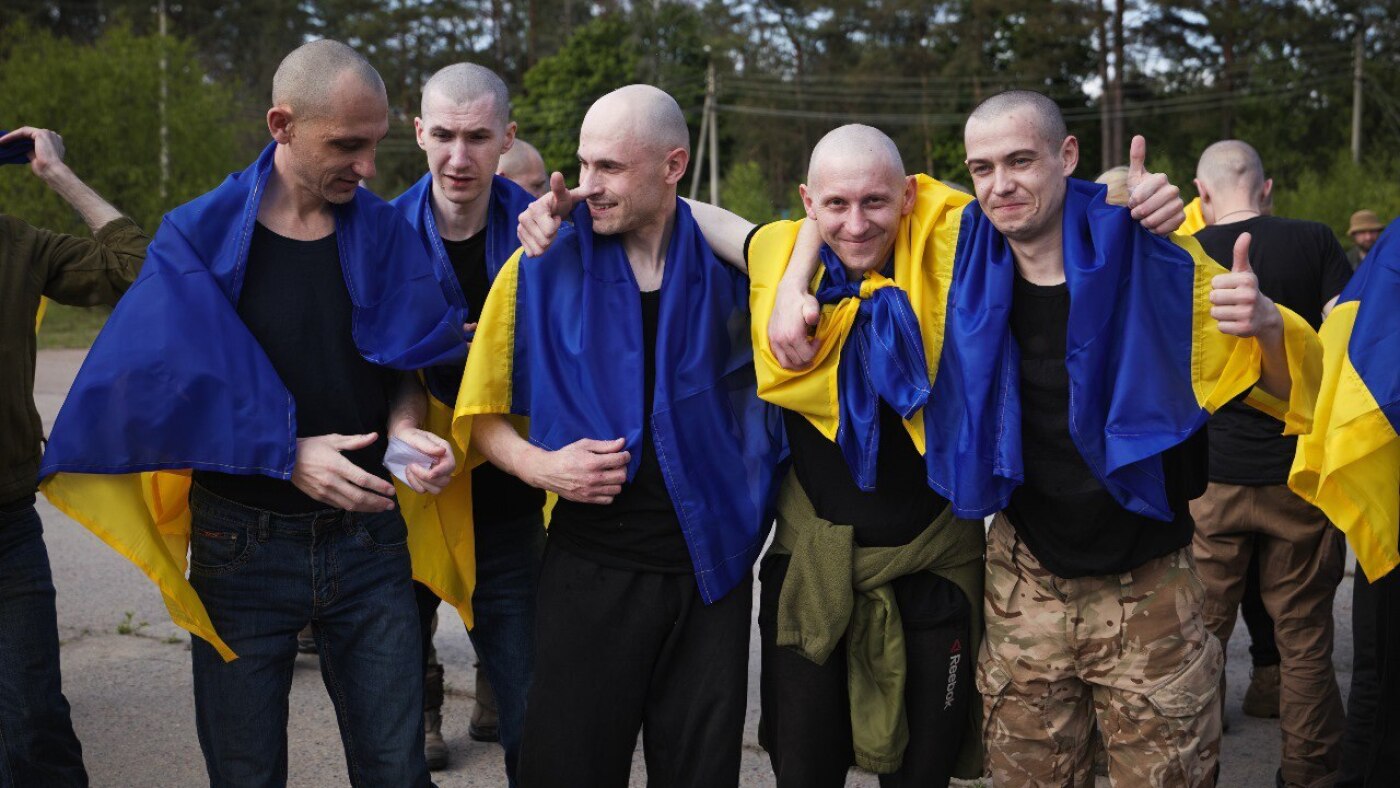
NEW DELHI: In a significant development, Russia and Ukraine have conducted their largest prisoner exchange since the onset of the war in 2022. This exchange, involving 1,000 detainees from each side, was agreed upon during direct talks in Istanbul earlier this month. However, the anticipated de-escalation following this humanitarian gesture was short-lived, as Kyiv faced a massive aerial assault shortly thereafter.
On May 23, both nations initiated the first phase of the prisoner swap, each releasing 390 individuals, comprising both military personnel and civilians. The exchange took place near the Belarus border and was hailed as a significant humanitarian achievement. Ukrainian President Volodymyr Zelenskyy expressed gratitude, emphasizing the importance of bringing all captives home. The operation was facilitated by recent negotiations in Istanbul, marking the first direct talks between the two countries in over three years. U.S. President Donald Trump played a pivotal role in prompting these discussions, expressing optimism that the exchange could pave the way for a broader resolution to the conflict.
Just hours after the prisoner exchange, Kyiv experienced one of the most intense aerial assaults since the war began. The Ukrainian capital was targeted with approximately 250 drones and 14 ballistic missiles, leading to widespread explosions and fires across at least four city districts. Residents sought shelter in subway stations as air raid sirens blared for over seven hours. Emergency services reported multiple injuries and significant damage to residential areas, including the Solomianskyi and Obolon districts.
Despite the successful prisoner swap, broader peace negotiations remain at an impasse. The Istanbul talks, while facilitating the exchange, failed to produce a ceasefire agreement. Russia continues to demand control over key Ukrainian regions, including Zaporizhzhia, Kherson, Donetsk, and Luhansk—conditions Ukraine firmly rejects. President Trump has advocated for a 30-day truce, but Russian President Vladimir Putin has so far declined, citing strategic considerations.
The return of prisoners has brought relief to many families, yet thousands remain in captivity. Former detainees have recounted harrowing experiences, including prolonged detentions without communication and harsh conditions. The ongoing conflict continues to pose severe humanitarian challenges, with civilians bearing the brunt of the hostilities


